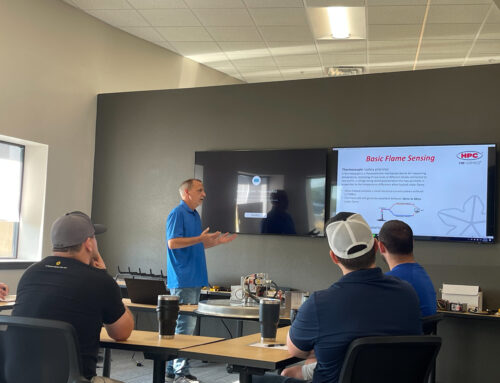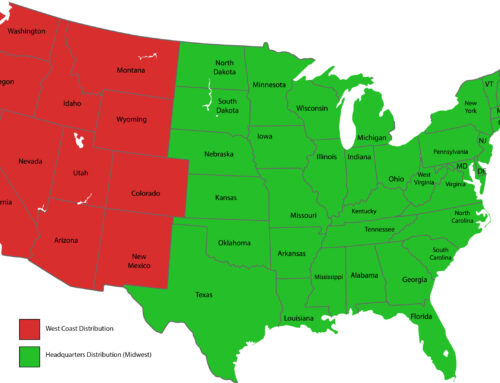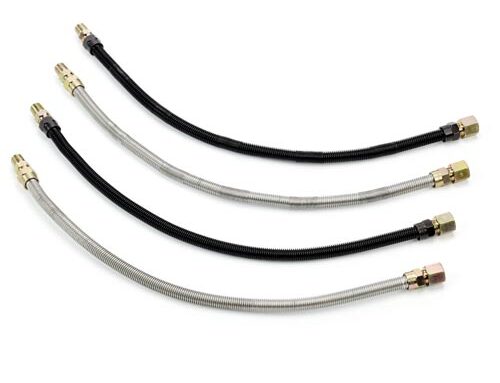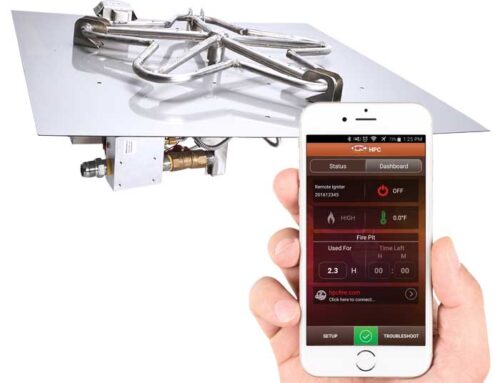
With the cooler temperatures coming on and for some, an end to backyard living, this week’s tech talk we should talk about winter maintenance of your fire features.
Winter for most of us in the US means harsh temperatures and much more time spent inside. It’s also time to maintain/winterize your outdoor fire feature. Let’s look at some quick basic maintenance tips to ensure proper operation of the fire feature in the spring:
- Turn off the gas line supply with a service valve or key valve. This will reduce the moisture that may get trapped in the line
- If your fire feature is electronic ignition turn off the circuit via the installed wall switch or circuit breaker
- Clean out any debris from the pan/burner assembly to ensure the pan weep holes are clear of debris and now would be a good time to clean any media that may have signs of soot or carbon build-up. Simply wash with warm soapy water, let dry, and reapply media in the pan. Clean the thermocouple and pilot assembly with a soft brush
- Now is the critical time for your cover. If you do not have a cover, it is important to consider covering the unit. Those that do have a hardcover may want to consider covering the unit, the cover and the enclosure with a vinyl cover to ensure no snow or moisture can sit on the unit for an extended period of time
- For those in extreme winter conditions may want to consider removing the assembled unit from the enclosure and storing in a dry shed or garage for the severe winter months
- For those in mild winter temperatures, turn the fire feature on as often as possible
These winter maintenance of your fire features tips ensure your HPC unit will keep in the good operating condition through the harsh winter months. It is important to know that by far the worst damage that can be done to any unit is to have snow and water sitting on top of the unit for an extended period of time. So even if you don’t have time for the proper fire feature winter maintenance, it is critical to, at the very least, get the unit covered and covered properly for the cold snowy winter months.
If you have any questions, feel free to reach out to anyone of our NFI Certified Technicians.





